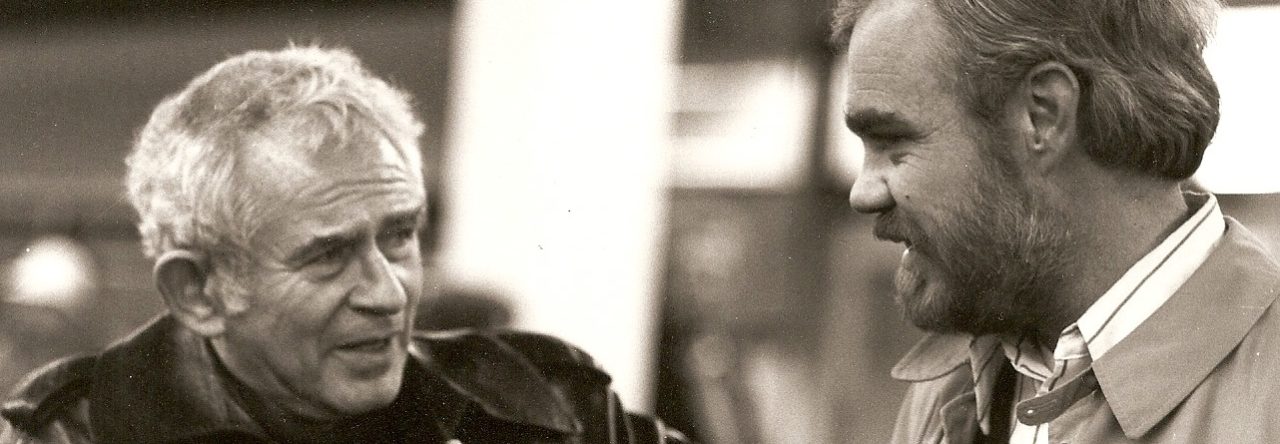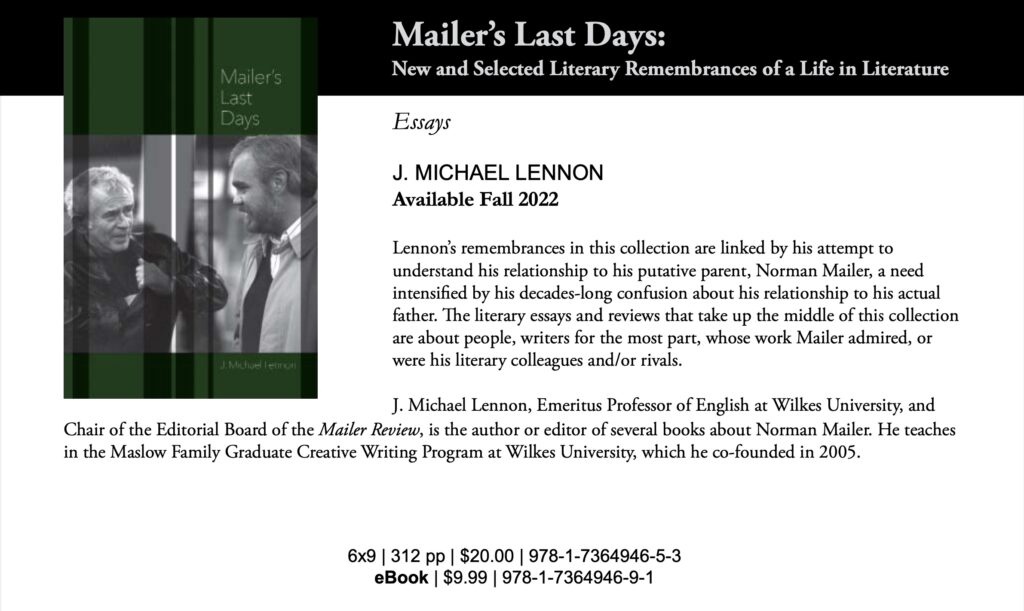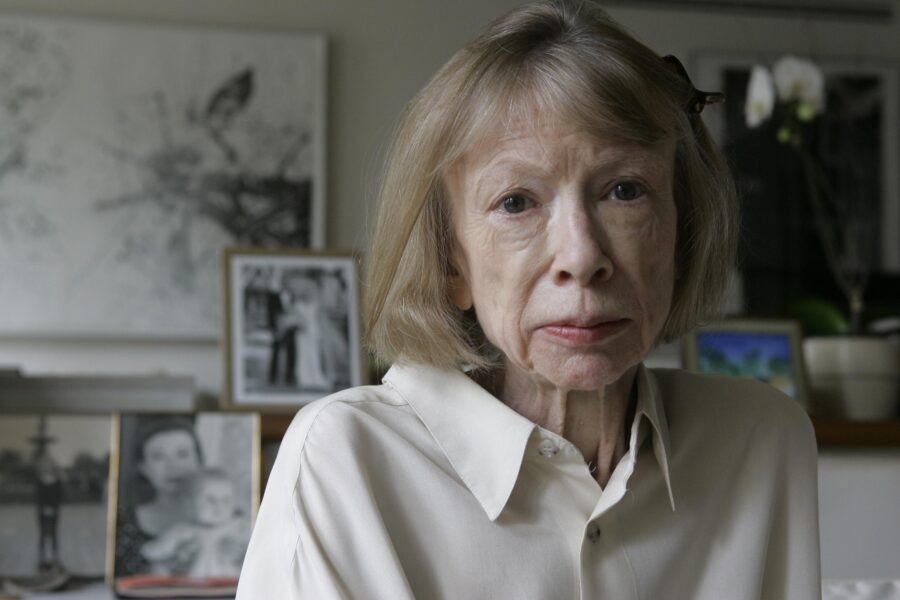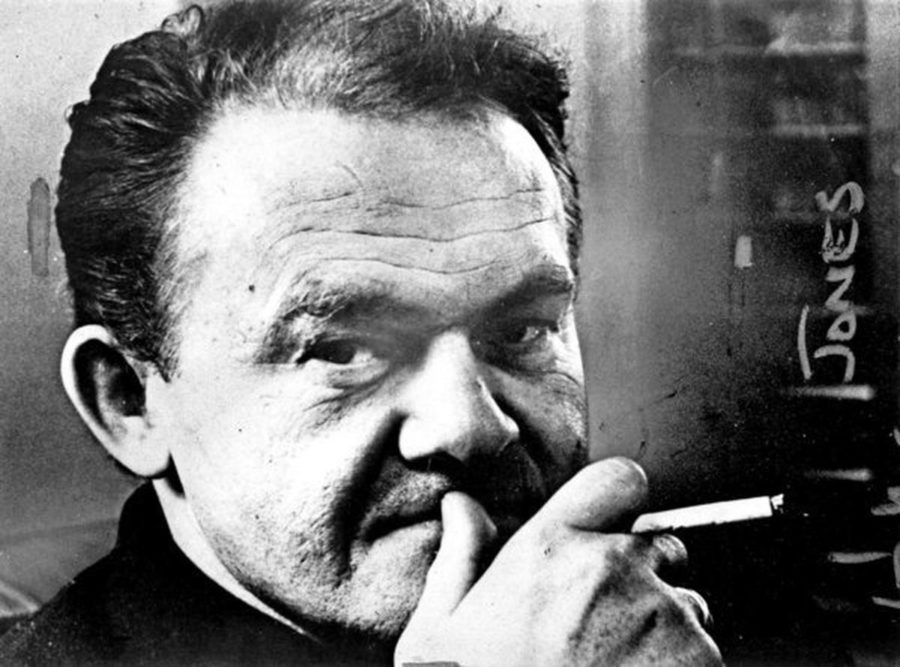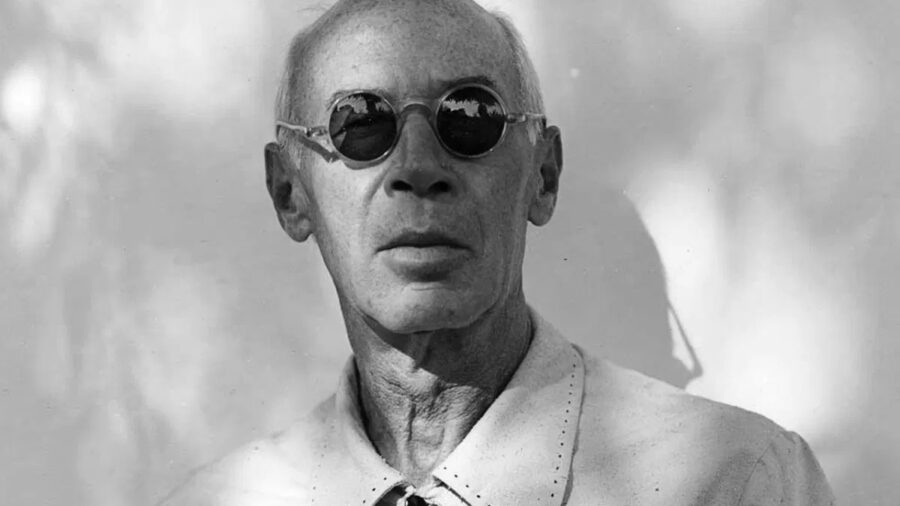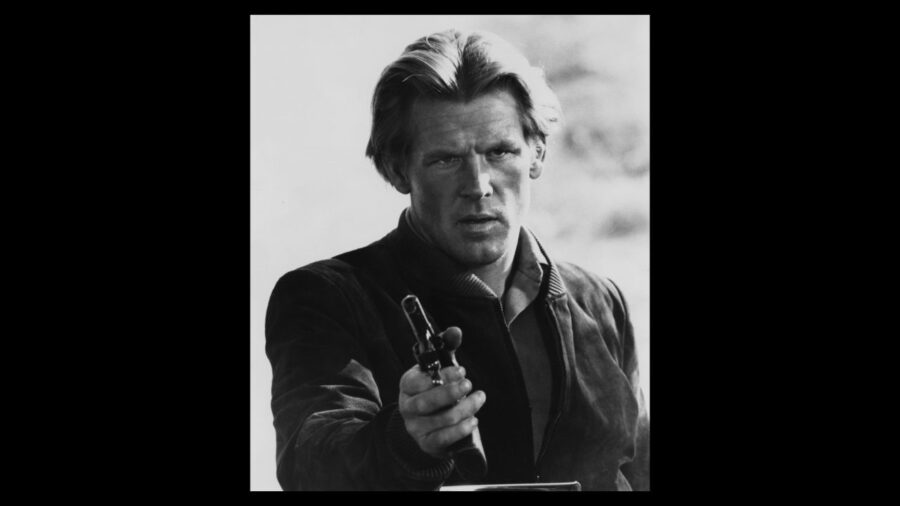Lennon (Norman Mailer: Works and Days), Norman Mailer’s archivist and biographer, gathers his own criticism, reviews, and personal essays in this varied collection. “The Archivist’s Apprentice” traces Lennon’s fascination with Mailer back to Lennon’s time in graduate school, when he proposed a doctoral thesis on Mailer, a proposition seen as questionable at the time because Mailer was still alive, and recounts Lennon’s time as Mailer’s archivist’s apprentice in the late 1970s. In the standout “Meeting Mailer,” Lennon recalls writing a fan letter to Mailer that led to a lifelong friendship, during which Lennon’s son thought Mailer “seemed more like a friendly uncle than a famous person.” Lennon also includes a grab bag of his reviews, among them of Don DeLillo’s Zero K (a “milestone”), Mary McCarthy’s Memories of a Catholic Girlhood (notable for the book’s “moving depiction of the gaping holes in family life”), and Joan Didion’s South and West (a collection that’s more than just a postmortem push for monetization, Lennon contends). These don’t have quite the same force that Lennon’s personal writing on Mailer does; here, the notoriously pugnacious Mailer comes off as a surprisingly approachable figure. Though it’s not all hits, this one’s worth it for the intimate literary insight. (Nov.)
From Publisher’s Weekly.
